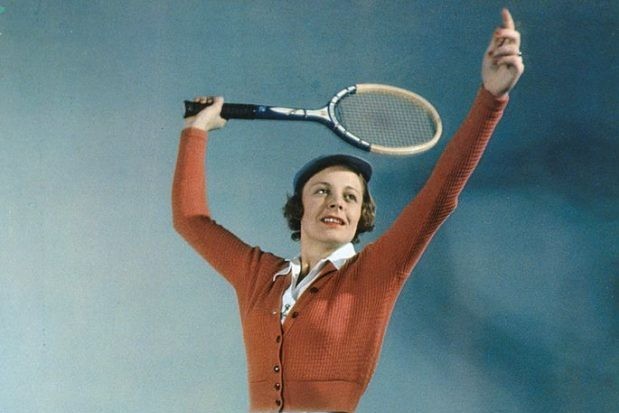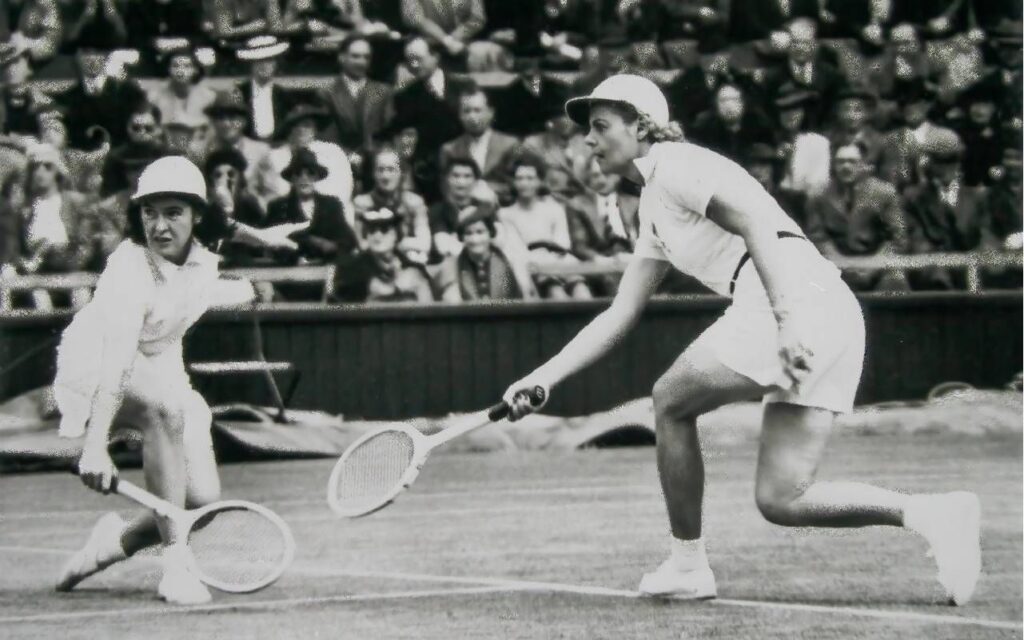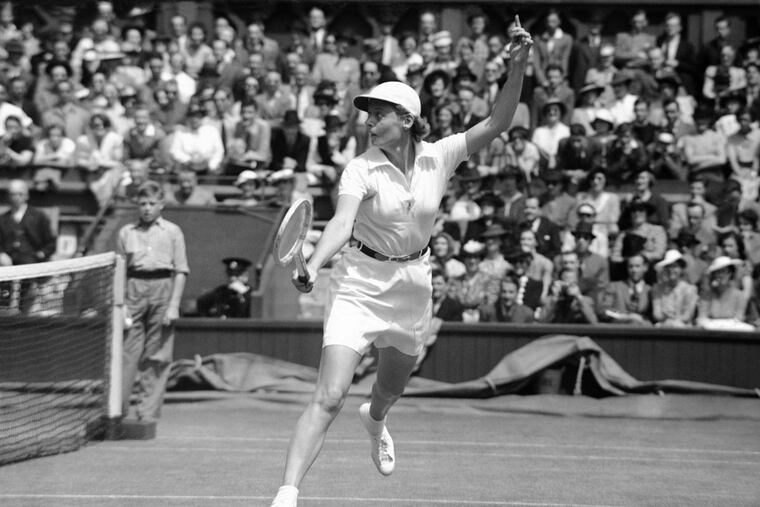Alice Marble: Tennis Star, War Hero, and Trailblazer for Equality

Alice Marble was far more than a tennis champion—she was a dazzling athlete, a covert intelligence agent during World War II, and a powerful voice for racial equality in sports. Born into humble beginnings, she became one of the most celebrated female tennis players of her time, overcoming personal tragedies and health crises to live a life filled with resilience, reinvention, and righteous defiance. Marble’s story is one of grit, glamour, and courage that transcended the tennis court.
Early Life: A Tomboy from California
Alice Marble was born on September 28, 1913, in Beckwourth, California, and raised in San Francisco. A spirited tomboy, she gravitated toward sports early on, excelling in baseball, basketball, and track before discovering tennis at age 15.
Her natural athleticism and competitive fire were obvious from the start. Under the mentorship of legendary coach Eleanor Tennant (who also trained Maureen Connolly and Billie Jean King), Marble rose rapidly through the junior ranks.
Rise to Tennis Greatness
Marble’s tennis career began to take off in the mid-1930s. She combined raw power with grace and speed, pioneering a more aggressive, net-charging style of women’s tennis. Her ability to volley and attack—unusual for women’s tennis at the time—made her a revolutionary force on the court.
Her achievements include:
- 5 Grand Slam singles titles
- 6 Grand Slam women’s doubles titles
- 4 Grand Slam mixed doubles titles
- U.S. Open Champion (singles, 1936, 1938–1940)
- Ranked World No. 1 in 1939
By the end of the 1930s, she was the most dominant woman in tennis, winning nearly every major title in sight.

Personal Tragedy and Health Struggles
Despite her glittering sports career, Marble’s personal life was marred by sorrow. In the early 1940s, after marrying a pilot in the U.S. military, she suffered two devastating losses:
- Her husband was killed in action during World War II.
- Shortly afterward, she suffered a miscarriage and nearly died herself.
In the wake of these tragedies, Marble stepped away from professional tennis, and for a time, faded from public view.
A Secret Life: Marble and Espionage
In one of the most dramatic turns of her life, Alice Marble was recruited as a spy for U.S. intelligence during World War II. Fluent in several languages and able to move easily through elite European social circles, she was sent to Switzerland on a covert mission to contact a former lover who was working with the Nazis.
Her mission was reportedly successful, but she was shot in the back by a Nazi agent during her escape. She survived, though the incident left her physically and emotionally scarred.
While some historians have questioned the full details due to the lack of official records (many WWII spy documents remain classified or destroyed), Marble’s own accounts and timelines suggest authenticity, and her bravery was never doubted by her contemporaries.
Champion for Equality: Defending Althea Gibson
Perhaps one of Alice Marble’s most enduring legacies came off the court. In 1950, she used her platform to fight racial discrimination in tennis by publicly advocating for Althea Gibson, a talented Black tennis player who was being barred from competing at major tournaments due to her race.
In a bold letter published in American Lawn Tennis magazine, Marble wrote:
“If tennis is a game for ladies and gentlemen, it’s time we acted a little more like gentlepeople and less like sanctimonious hypocrites… If Althea Gibson represents a challenge to the present crop of women players, it’s only fair that they should meet that challenge on the courts.”
Her public stand helped open the door for Gibson, who became the first African American to compete at the U.S. Nationals (now the U.S. Open), and eventually a Grand Slam champion herself.
Later Years and Legacy
Alice Marble went on to become an editor at DC Comics, where she helped develop the Wonder Woman comic. She also coached tennis, wrote autobiographies, and continued advocating for women’s and minority rights in sports.
Despite health complications from her wartime injury and lingering emotional wounds, she remained active and influential in sports circles until her death in 1990.
Honors and Recognition
- Inducted into the International Tennis Hall of Fame in 1964
- Honored by the USTA with the Alice Marble Courts in San Francisco
- Acknowledged posthumously for her contributions to civil rights and gender equity

Conclusion
Alice Marble lived many lives: tennis prodigy, war hero, trailblazing activist, and cultural icon. She wasn’t just a champion of sport—she was a champion of justice, courage, and the power of reinvention. Her life reminds us that greatness isn’t just about victories on the court—it’s also about the battles we fight off of it, for ourselves and for others.





